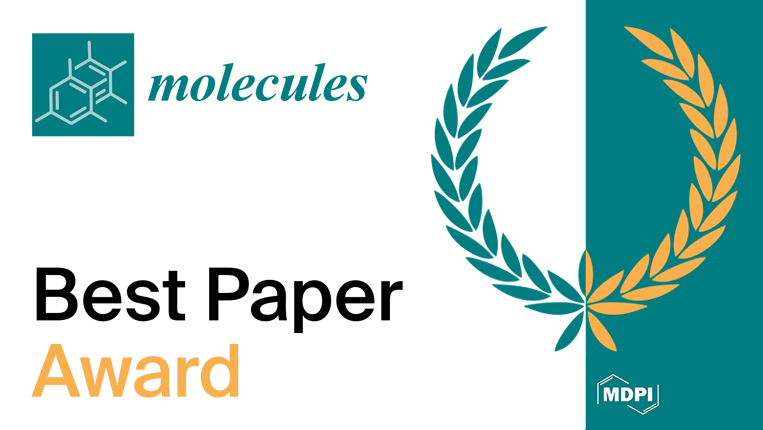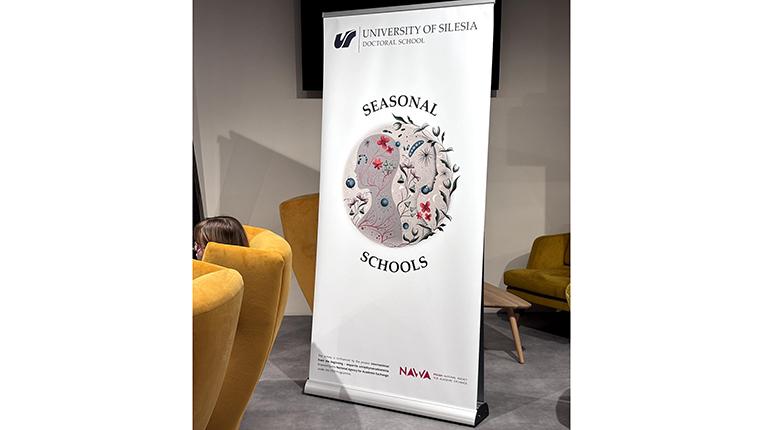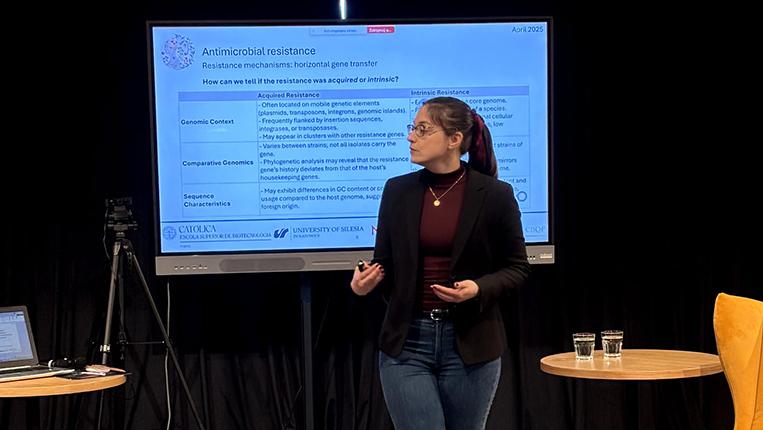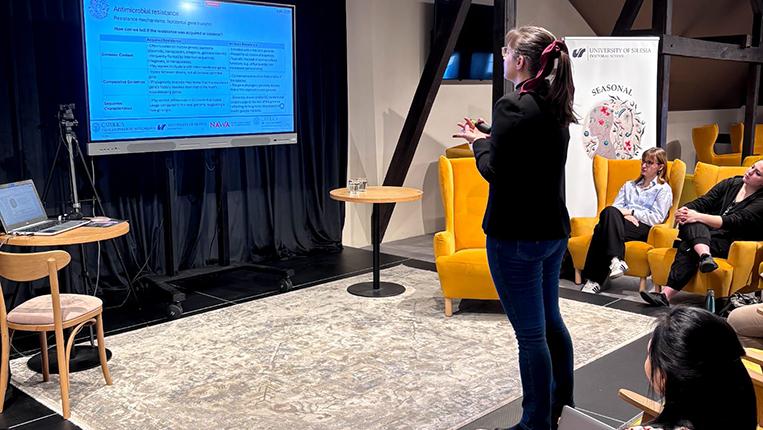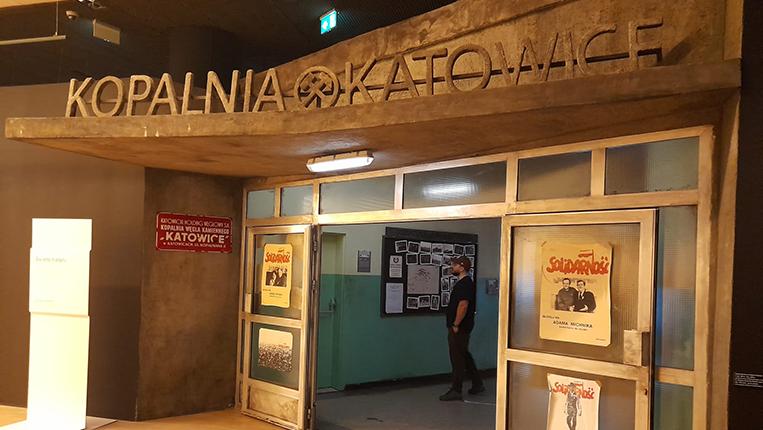From April 7–11, 2025, the University of Silesia in Katowice, Poland, hosted an inspiring seasonal school themed “Science for a Sustainable Now and Future.” The event brought together academics and students in a collaborative learning environment.
Throughout the week, multiple expert lecturers delivered parallel sessions covering a wide range of topics. Among these sessions, CBQF researcher Joana Cristina Barbosa, presented five distinct sessions under the topic “Exploring Next-Generation Probiotics and Commensal Bacteria: Insights on Antimicrobial Production and Resistance.” These sessions engaged approximately 20 motivated PhD and MSc students through a blend of in-depth expository lectures and hands-on bioinformatics exercises. Participants explored topics ranging from the discovery of novel antimicrobial peptides to the genomic surveillance of antibiotic resistance, always under the perspective of sustainability, fueling stimulating discussions and many insightful questions. The students had also the opportunity to share their own research work, through posters and short presentations, discussed with the lecturers and colleagues in the audience.
In addition to the academic program, attendees participated in a guided visit to the Silesian Museum—housed in a coal mine complex that reflects the region’s industrial heritage—followed by a networking dinner, featuring traditional Polish cuisine, which fostered interdisciplinary connections in a friendly and casual atmosphere.
This initiative stands as a testament to the strong commitment to advancing scientific research driven by sustainability, innovation, and global collaboration — continuously blending cutting-edge science with sustainable practices, for the benefit of all and with open sharing of knowledge. The event was cofinanced by the Polish National Agency for Academic Exchange under the STER Programme and supported by the Transform4Europe alliance (to which both the University of Silesia and Universidade Católica Portuguesa belong).

